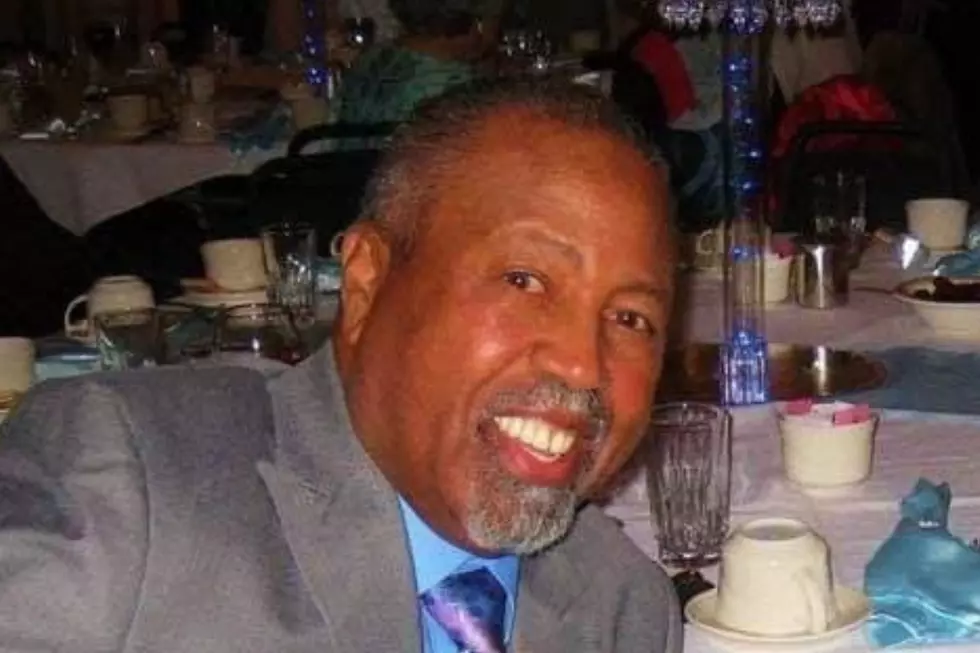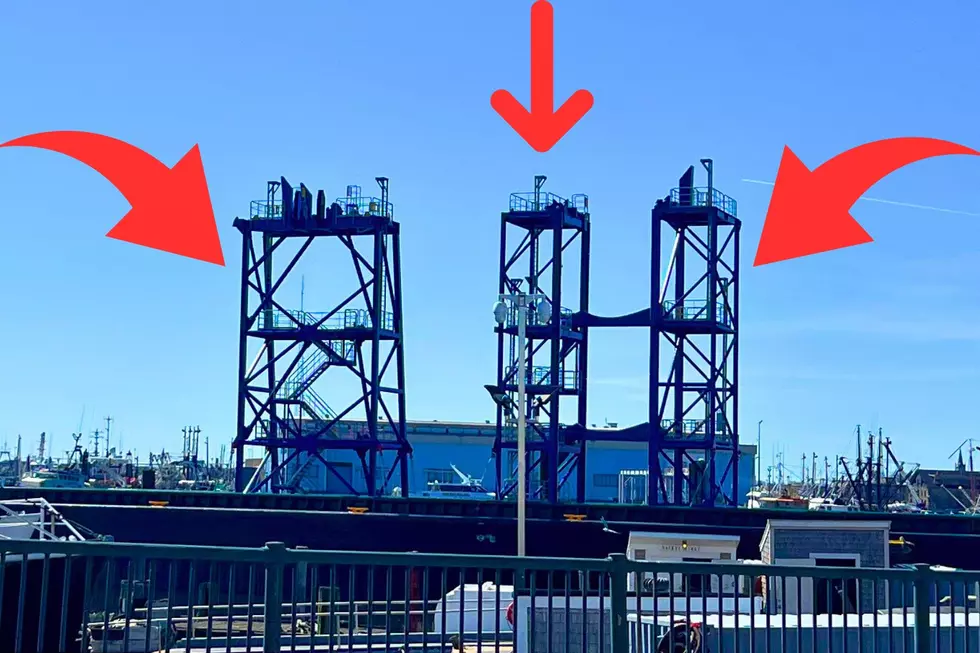
Mass Commission for the Blind Closes New Bedford Office
The Massachusetts Commission for the Blind permanently closed its branch offices in New Bedford and Worcester, effective January 1, citing difficulties brought on by the coronavirus pandemic.
However, the commission will continue to provide programs and services remotely and within community settings, and counselors will continue to visit the blind, the agency told WBSM.
"The closures of our physical office spaces in Worcester and New Bedford will not limit our ability to continue to provide for our community,” said MCB Commissioner David D’Arcangelo in an email.
However, not everyone is happy with the decision. "They should have a central office in New Bedford," local resident and WBSM listener Bob Branco told WBSM's Phil Paleologos. "There's a bit of an uproar. Some people who use their services are not pleased."
The commission, founded in 1906, serves the legally blind by providing vocational and social rehabilitation with the goal of aiding independence and self-determination. The agency offers support services including assistive technology, orientation and mobility help, assistance with the activities of daily living, and employment opportunities.
In New Bedford, MCB was located in an office suite at 888 Purchase Street, the so-called Olympia Building. The Worcester office was at 390 Main Street. Both of those locations have been emptied. Offices in Springfield and Boston will remain open.
The commissioner says that services to the blind will continue to be provided in-person at homes, schools, and group facilities, that staff members are now working from home. that the closure of the bricks-and-mortar offices should have a minimal impact on consumers.
“Our team at the Massachusetts Commission for the Blind proved that COVID can’t and won’t stop the services that we provide for individuals who are blind and visually impaired across the state," Arcangelo remarked. "While modifications were necessary due to the pandemic, our team rose to the challenge to successfully telework and provide services remotely."
Telework and the delivery of virtual services "have been met with positive feedback from consumers and staff alike," a spokeswoman for the agency stated.
Branco, who is blind, is the chairman of a regional council that advises the commission in Southeastern Massachusetts. In a phone call with the newsroom, he said he and members of the Region 5 advisory council "were not asked how we felt" about the decision. Branco said advocacy efforts to keep the office open were not successful.
"While I understand the business reasons behind these closings, I am concerned that many blind clients will fall through the cracks," Branco wrote in an open letter to Governor Charlie Baker. "Service providers need office space to help administer their services, no matter what agency they represent."
Branco said that among other things, he is concerned about record-keeping, especially with so many case workers now providing services remotely. "There are years of paper records," he said. "Where are they being stored?"
Branco said having a central location helps build and sustain community, and in non-pandemic times provides a better professional work environment as well.
The commission maintains that the delivery of services will be seamless and that customers will see no interruption in services. The decision affects around 25 employees between the two locations, with no layoffs, the agency said. Staff members are working from home and in the field, reducing the need for actual office space, said the commissioner.
Five New Bedford Restaurants That Should Be Franchised

More From WBSM-AM/AM 1420









